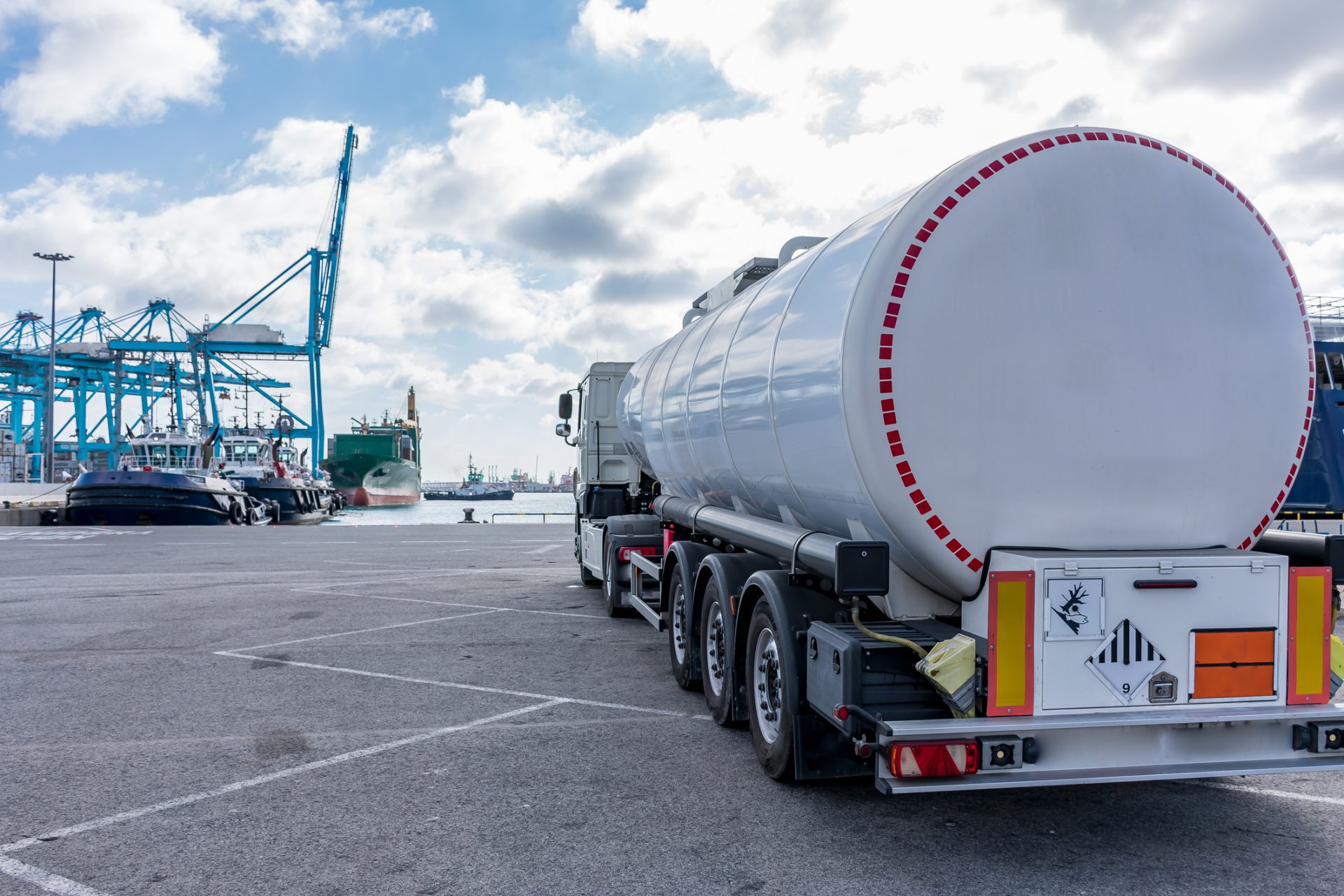
Regulatory Content
Transport of Dangerous Goods
The transport of dangerous goods topic covers regulations, laws and supporting documents which aim to prevent accidents resulting in injury to persons, damage to property and the environment.
Transport of Dangerous Goods
195
Countries Covered
972
Sources in C2P
Regulatory Content Overview
Legislation for the transport of dangerous goods is directed toward businesses involved in the consignment, loading/ unloading, and carriage of dangerous goods by air, rail, road, and water.
Goods are considered hazardous if they are explosive, corrosive, flammable, toxic, or radioactive. Examples include:
- Lithium batteries
- Flammable liquids
- Gases and solids
- Substances liable to spontaneously combust
- Substances that emit flammable gases when in contact with water
- Oxidizing substances
- Toxic substances
- Corrosive substances
In the United States, such articles and substances are classified as hazmat or hazardous materials.
Legal duties normally apply to the consignor, carrier, driver, crew, packagers, fillers, loaders/unloaders, container operators, consignee, and dangerous goods safety advisers (DGSA).
Regulations concerning the transport of dangerous goods in C2P focus on:
- Classification of dangerous goods
- Labeling of dangerous goods according to the UN number system
- Packaging and tank provisions
- Consignment procedures, labeling, and marking of containers and vehicles
- Construction and testing of packaging, intermediate bulk containers (IBCs), large packages and tanks
- Conditions of carriage, loading, unloading, and handling
- Vehicle crews, equipment, operation, and documentation
- Construction and approval of vehicles
- Training
Coverage Included
Our regulatory content in C2P is historically comprehensive with a robust QA process to ensure quality, consistency and accuracy. Below is a high level summary of our coverage for this topic:
- Australia: Transport of Dangerous Goods by Road and Rail, Code, 1980
- Belgium: Transport of Dangerous Goods by Road or Rail, Royal Decree, 28 June 2009
- Canada: Transportation of Dangerous Goods (TDG) Act, S.C. 1992, Chapter 34
- Canada: Transportation of Dangerous Goods (TDG), Regulations SOR/2001-286
- EU: Inland Transport of Dangerous Goods, Directive 2008/68/EC
- France: Transport of Dangerous Goods by Road, Rail and Inland Waterway, Ministerial Order, May 2009
- Germany: Transport of Dangerous Goods Act, BGBl. 1704, 2009
- Germany: Transport of Dangerous Goods by Road, Rail and Inland Waterways, Ordinance BGBI. 258, 2019
- IMO: International Maritime Dangerous Goods Code (IMDG), 2022
- IATA: Dangerous Goods Regulations, 2024
- IATA: Lithium Battery Guidance Document, 2023
- IATA: Lithium Battery Shipping Regulations, 2024
- Italy: Transport of Dangerous Goods, Legislative Decree No. 35/2010
- Sweden: Transport of Dangerous Goods, Act SFS 2006:263
- Switzerland: Transport of Dangerous Goods by Road, Ordinance, November 2002
- Tunisia: Labeling Requirements for Transportation of Dangerous Goods by Road, Order, January 2000
- Turkey: Transport of Hazardous Substances by Road, Regulation, April 2019
- UK: The Carriage of Dangerous Goods and Use of Transportable Pressure Equipment Regulations, SI 2009/1348
- UN: Transport of Dangerous Goods, Model Regulations, Twenty Third Revised Edition, 2024
- UNECE: Agreement Concerning the International Carriage of Dangerous Goods by Road (ADR), 2023 Edition
- UNECE: European Agreement Concerning the International Carriage of Dangerous Goods by Inland Waterways (ADN), 2023 Edition
- USA: Transportation of Hazardous Materials, Rules, 49 CFR 171-180, 2003

Learn more about our Regulatory Coverage
Speak to one of our team today for more information on our regulatory content.
